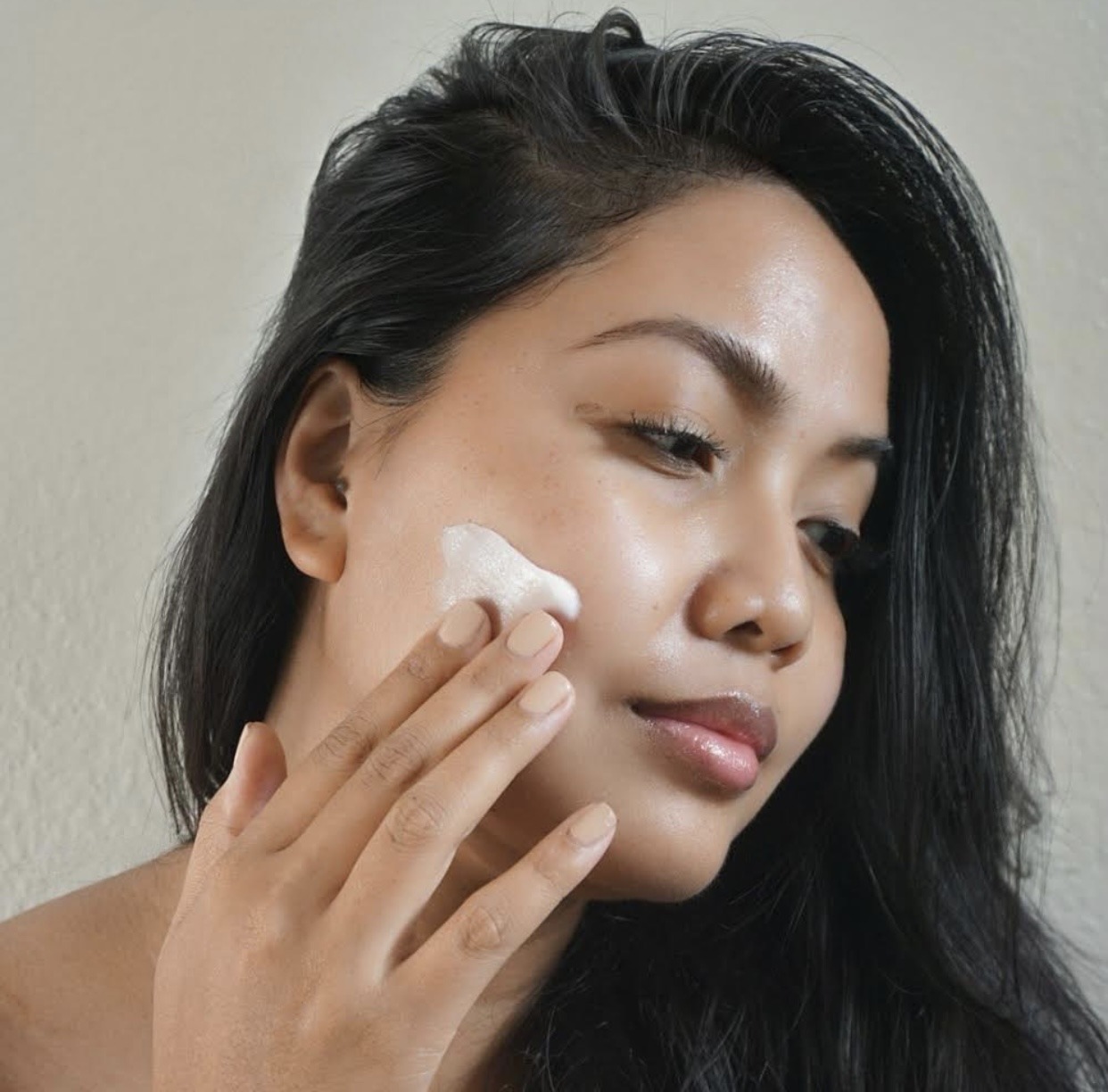Beauty...

By Marissa DeSantis
Exploring new skincare products and trendy ingredients will always be exciting (and sometimes even game-changing). But when you’re establishing your skincare routine base, there are certain ingredients that the pros agree are must-haves. For combating signs of aging like fine lines, wrinkles, and loose skin, peptides are a key ingredient in aiding your skin to produce more collagen (the protein that gives your skin its structure).
For a full breakdown on what peptides are and how to identify them (and incorporate them!) into your skincare routine, we consulted with Renée Rouleau, celebrity aesthetician and founder of Renée Rouleau Skin Care, and Kristine Kellner, BABOR expert esthetician.
“Peptides are long or short chains of amino acids,” Rouleau explains.
Naturally occurring in the skin, peptides are the building blocks of collagen proteins, which are essential to the skin’s structure and function.
[Peptides] send signals to your cells to make more collagen and thicken the support structure of the skin,” Rouleau says of their ability to act as messengers that kick-start your cells into action.
Overall, peptides help with preventative aging by smoothing wrinkles and reducing the appearance of fine lines. “There are many different types of peptides used in cosmetics such as signal peptides, carrier peptides, neurotransmitter inhibitor peptides, and enzyme inhibitor peptides,” Kellner explains, noting that these topical peptides get absorbed into the skin. “Peptides trigger skin cells to perform specific functions such as building collagen and elastin, reducing inflammation, and locking in skin hydration.”
Because they’re naturally occurring in the skin, peptides are well tolerated by all skin types. However, you’ll still want to be sure that all of the ingredients in the product you choose are suited for your skin. For example, Rouleau states that peptides pair well with another anti-aging favorite, vitamin A (think retinol and retinoids). “Synergistically, they work for the greater good to achieve a smoother, firmer look for the skin,” she says. But vitamin A, and retinoids in particular (which are stronger than retinol), can be irritating to more sensitive skin types.
Additionally, you’ll want to be aware of which ingredients don’t work well with peptides. “Using a peptide with an alpha hydroxy acid (AHA) will actually make peptides work less efficiently,” Keller says, listing ingredients like vitamin C, antioxidants, and hyaluronic acid as better options to pair with peptides.
When looking for peptides in the ingredient list, Rouleau cites palmitoyl tripeptide-38 as one of the best options because it’s the most well-researched. She adds that while any ingredient with the word “peptide” in it fits the bill, some of her favorites to look for include palmitoyl oligopeptide, palmitoyl terapeptide-7, acetyl hexapeptide, palmitoyl pentapeptide, dipeptide-2, and caprooyl tetrapeptide. If the complex names throw you off, Kellner says that because peptides are usually the key active ingredients in a product, you’ll often find them listed in the product description alongside their specific benefits.
Rouleau notes that she especially likes eye creams with peptide ingredients. “The eye area is the first area to show aging, and with age, the skin around the eyes can get looser with loss of tone,” she explains. Her Total Eye Repair Cream pairs two peptides—palmitoyl oligopeptide to help with wrinkle repair and acetyl octapeptide-3 to prevent and correct expression lines—with antioxidants and hyaluronic acid.